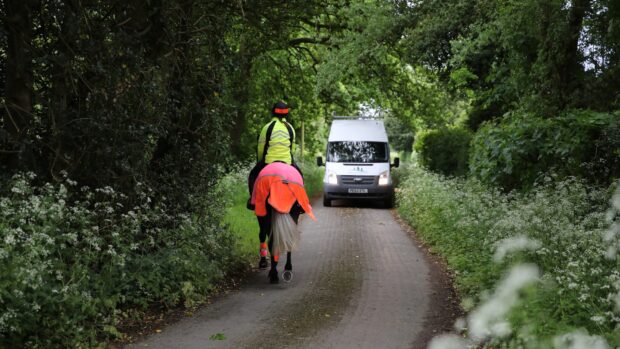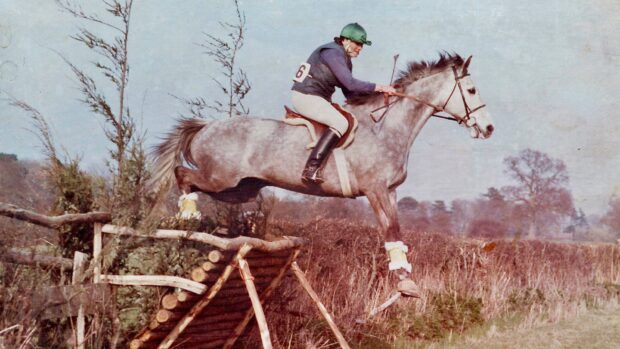With the cost of caring for a horse over its lifetime estimated at £70,000, the RSPCA has launched a campaign called Horse Sense, aimed at highlighting equine welfare needs in a bid to endsuffering
The RSPCA currently receives more than 100 calls each month from members of the public concerned about horses and ponies.
The situation is described as giving the society “serious cause for concern”.
John Atter, a regional manager for the RSPCA, said: “It can cost around £70,000 to look after a horse properly for the duration of its life.
“It’s a major financial commitment, yet we still see many people responsibility for equines without having the time, money or knowledge to provide them with the care they need.”
In the past year, the RSPCA’s Eastern region has dealt with a number of horrific neglect cases, including a pregnant mare found dead on wasteland after strangling herself on her tether, two donkeys found starved to death, and Spot, a pony so emaciated he had lost his sight.
Some, but not all, of the stories have a happy ending. Spot has recovered from his ordeal, his eyesight has returned and he has found a new home through the RSPCA rehoming scheme.
The RSPCA Equine Commitment Charter has been drawn up to help educate people in the basics of horse care and prevent further suffering to ponies like Spot. Produced in leaflet format it is available by request from all the society’s branches and clinics.
Equine Commitment Charter
The charter is made of the following 12 points:
- Check the animalat least twice a day
- Get a reliable, experienced person to check it twice a day when you are away
- Have its feet trimmed or shod by a registered farrier every six to eight weeks
- Check and clean its feet twice a day – and look out for serious foot conditions like laminitis and penetrating foot injuries
- Provide suitable fencing around an area of good quality grass big enough to house the animal
- Remove harmful weeds like ragwort
- Provide a suitable diet and clean fresh drinking water at all times
- Worm the animal regularly
- Allow it to exercise and express normal behaviour in the company of suitable companion animals
- Provide veterinary treatment when needed
- Microchip or freezemark the animal in caseit gets lost or stolen
- Take out insurance so you can pay unexpected vet’s bills
For more information on the Equine Commitment Charter click here to visit the RSPCA’s website.
Read more RSPCA news:



